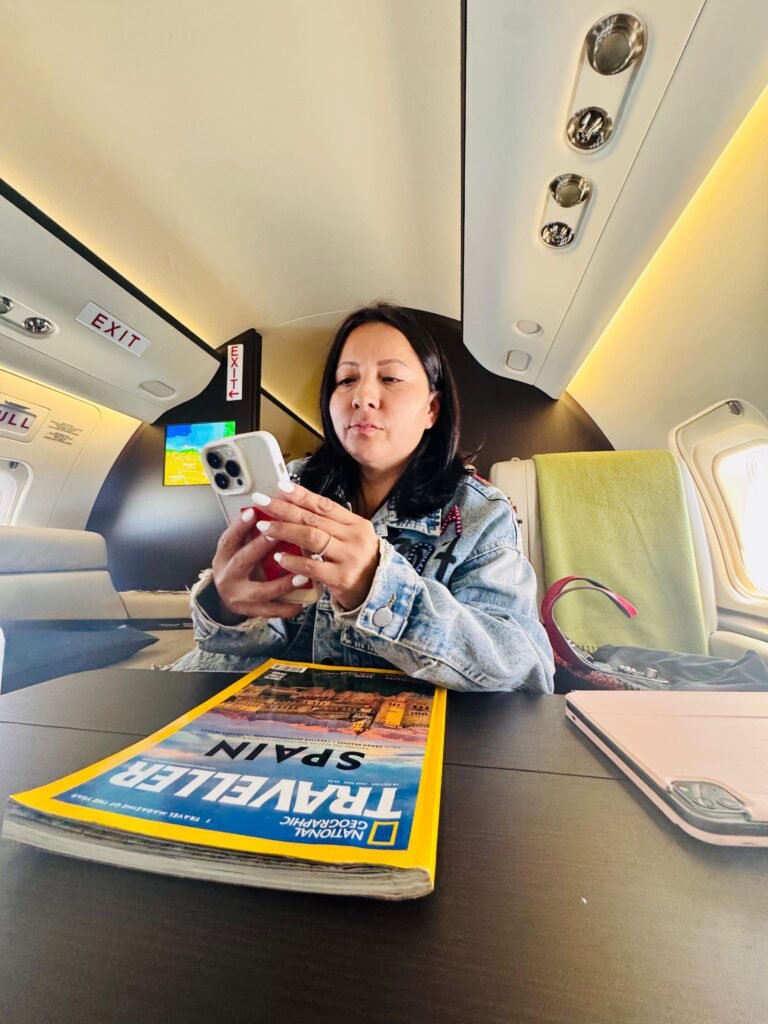Because real luxury starts where the spotlight ends.
The transfer window may be closed, but that’s when my real work begins.
Behind every move to a new club, city or country lies a complex personal journey—especially for footballers with families. While the media celebrates contracts and signings, very few talk about the logistical, emotional and cultural transition that follows. That’s where I come in.
Beyond Contracts: Supporting the Human Behind the Player
Relocating a footballer’s life is not just about finding a new house or city.
It’s about building stability in the middle of uncertainty.
For players who are married or have children, the decision of where to move goes far beyond a contract. It’s about schools, languages, mental health, emotional support—and feeling at home in a completely new environment.
Family First: The Real Decision-Makers
Many footballers make transfer decisions based on their family’s well-being.
When children are involved, everything becomes more delicate.
Is there a good school nearby?
Will the kids adapt to a new language?
Can the partner find their own space in this new life?
These questions are part of every relocation—and they deserve thoughtful, human-centered solutions.
The Role of a Trusted PA in Relocation
From school enrollment to organizing language support, my role is to make the transition seamless.
I don’t just handle logistics—I ensure the family feels safe, heard, and supported.
Whether it’s finding a Spanish-speaking nanny, coordinating a school visit, or setting up day-to-day life before the player even lands, I’m already 10 steps ahead.
When needed, I’ve stayed with children on their first day at a new school to make them feel secure, while the parents focused on settling the rest of their lives.
Adapting to a New Country: It’s Not Just About Football
Relocating across borders often means adjusting to an entirely new culture.
What’s polite in one country can feel offensive in another.
I’ve worked with families from South America, Africa and Europe, and I understand the nuances of each transition—whether it’s language, food, or how to navigate local systems.
This kind of cultural guidance makes a real difference in how quickly the family adapts and how supported the player feels on and off the pitch.
Emotional Support: What Happens After the Stadium Lights Go Off
No one talks about what happens when the match ends and the player returns to an empty house.
When families haven’t arrived yet, or when they’re struggling to adapt, loneliness kicks in.
This is often the most emotionally fragile period for players.
A big part of my work is knowing when not to ask if they’re okay, and when to simply show up—with presence, intuition, and solutions.
Filtering the “Friends”
Relocating to a new country often attracts the wrong kind of attention.
New “friends” appear. Some are genuine, many are not.
As a PA, I also act as a gatekeeper—ensuring that the player’s circle is made of people who truly add value and peace.
I’ve seen players pressured to spend thousands on dinners or parties for people who disappear the moment the team loses or the media turns negative.
This isn’t about controlling their life—it’s about protecting their peace.
Relocation Is Not a Service. It’s a Responsibility.
Relocation is more than packing boxes or booking flights.
It’s about understanding the rhythm of the family, the emotional state of the player, and the cultural codes of a new country.
I don’t just help footballers move—I help them land.
Because after the signing, the real life begins.
If you’re a club, agent, or player looking for expert support beyond the transfer, let’s talk.
Let’s build stability where it matters most—off the pitch.


